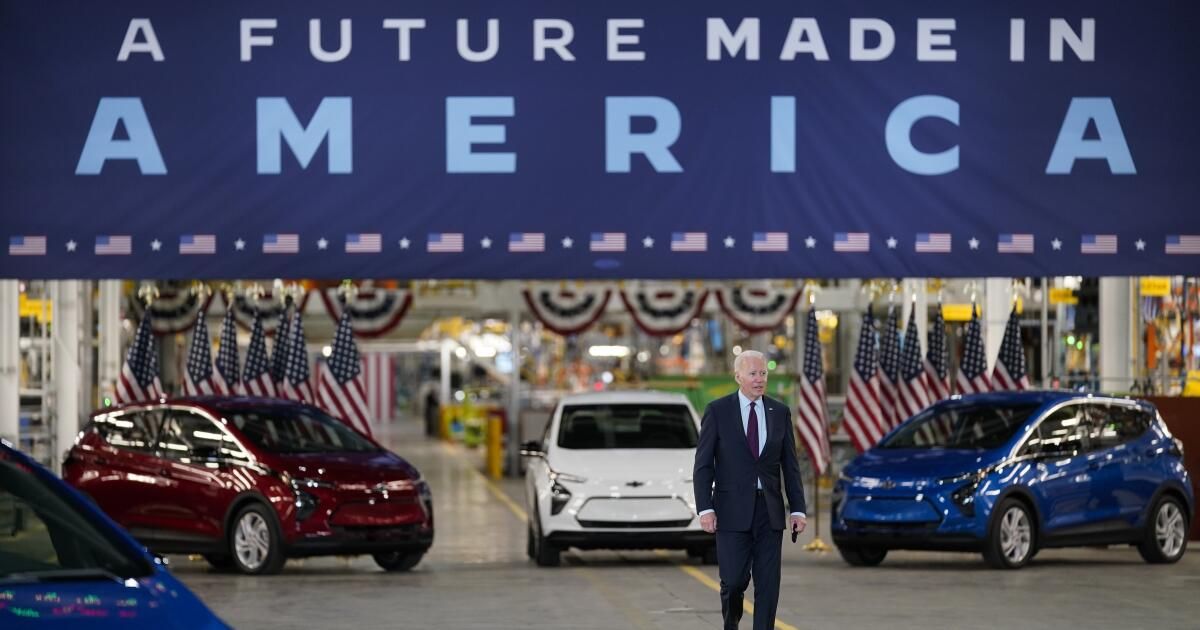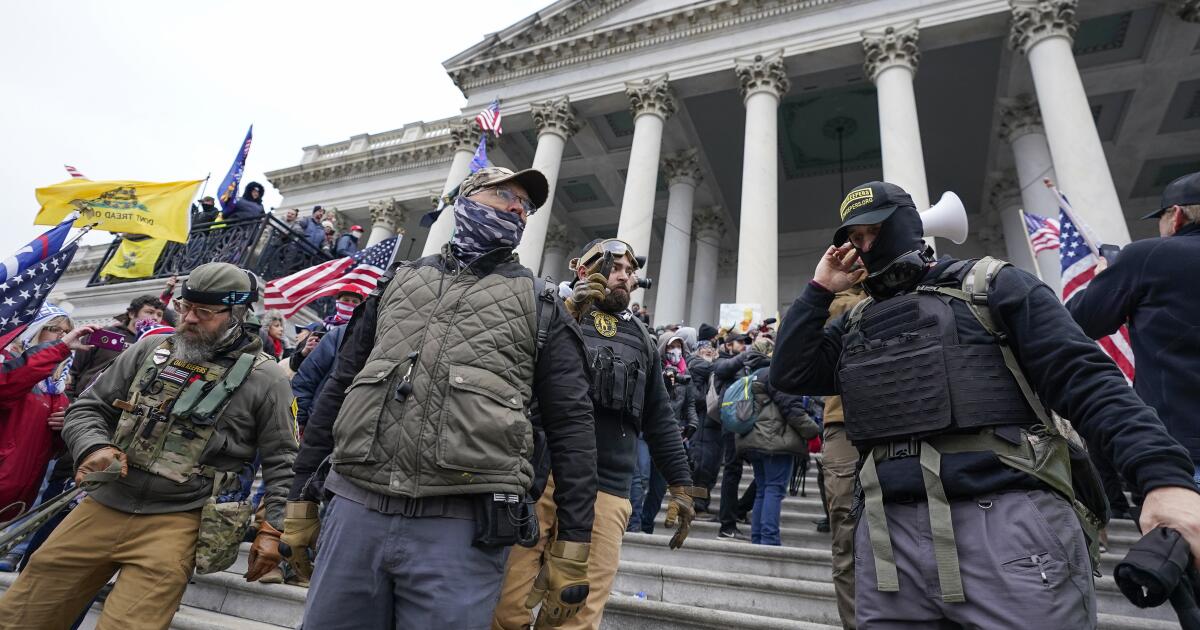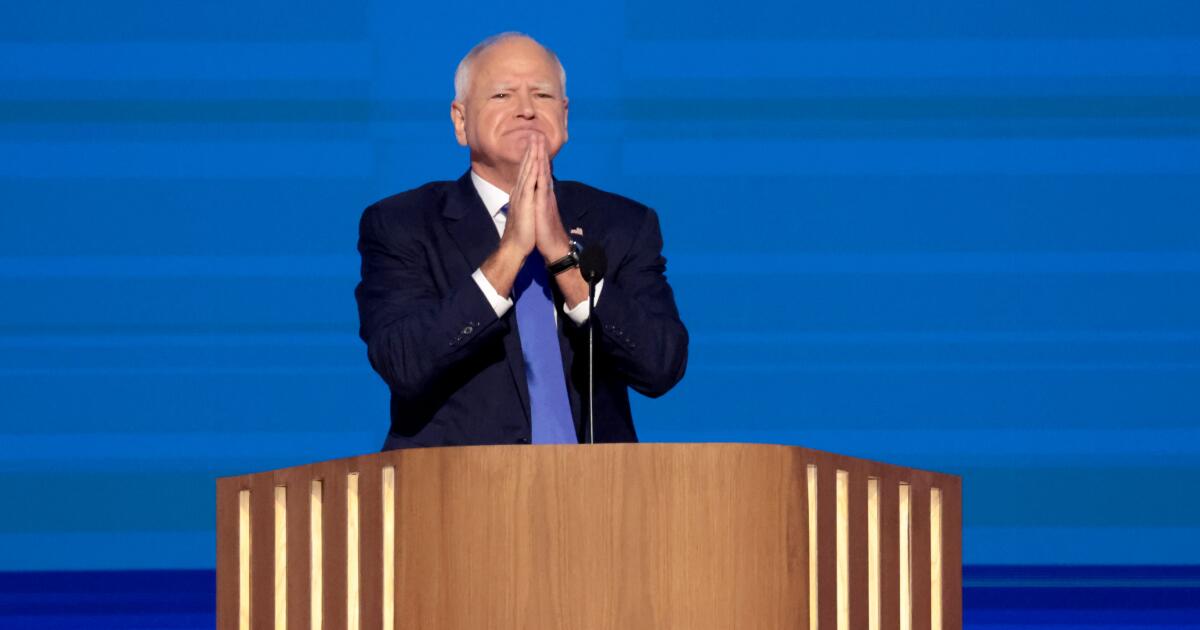It may be tempting to view new rules finalized Wednesday by the Biden administration to boost sales of electric vehicles as a big step toward reducing the pollution that causes climate change.
But the Environmental Protection Agency's rules are more of a piecemeal measure, too weak and slow to adequately respond to the severity of the unfolding environmental crisis. And that's a shame, because with a divided Congress, administrative action is the only way for the federal government to do important things like protect the public from climate change and pollution.
The administration squandered this opportunity by bowing to pressure from powerful interests during an election year and settling on a watered-down plan that will allow automakers to make more gas-guzzling vehicles for longer and slow much-needed pollution cuts. urgency. We are in the race of our lives against climate change and President Biden is driving well below the speed limit.
The final rules impose limits on greenhouse gas pollution that will force automakers to increase sales of new zero-emission cars and light trucks from about 7% of vehicles sold today to more than 67% by 2032. That's good, of course, but it's a more gradual requirement than the one the EPA initially proposed, which delays steeper increases in EV sales until after 2030 and provides loopholes that make it easier for manufacturers to comply. This is a mistake at a time when the climate crisis is hitting us in the face and when February marks the ninth consecutive month record heat on the planet.
After all, speed is important to preventing catastrophic climate impacts, and the longer we wait to tighten these standards, the more cumulative carbon dioxide emissions we will put into the atmosphere.
The easing of the government's proposal on vehicle emissions is an election-year gift to the auto industry, which has pushed to weaken the rules so it can continue making more money from gasoline-powered models. It's also a concession to organized labor, including auto industry workers who understandably fear that the move to electric vehicles will shift jobs to lower-wage, non-union factories.
The powerful United Auto Workers union praised the version released Wednesday as a “more feasible emissions rule that protects construction workers.” [internal combustion engine] vehicles, while providing a path forward for automakers to implement the full range of automotive technologies to reduce emissions.”
But there are better ways to support workers than weakening the federal government's most powerful tool for addressing transportation pollution, now the largest source of emissions. Protecting well-paying, unionized jobs should not come at the expense of protecting the environment. The administration should look for other ways to smooth the transition, such as taking advantage of the slew of clean manufacturing incentives that have begun to roll out under the Inflation Reduction Act, and working to build up the country's lackluster vehicle charging network.
Climate change is such an existential threat that even taking one of the largest federal measures to date to reduce emissions can be seen as a failure for lack of the necessary ambition. Biden should do everything he can to get ahead of the climate crisis and master the clean energy economy of the future, without letting up on the accelerator in the hope that it will help him win re-election.












